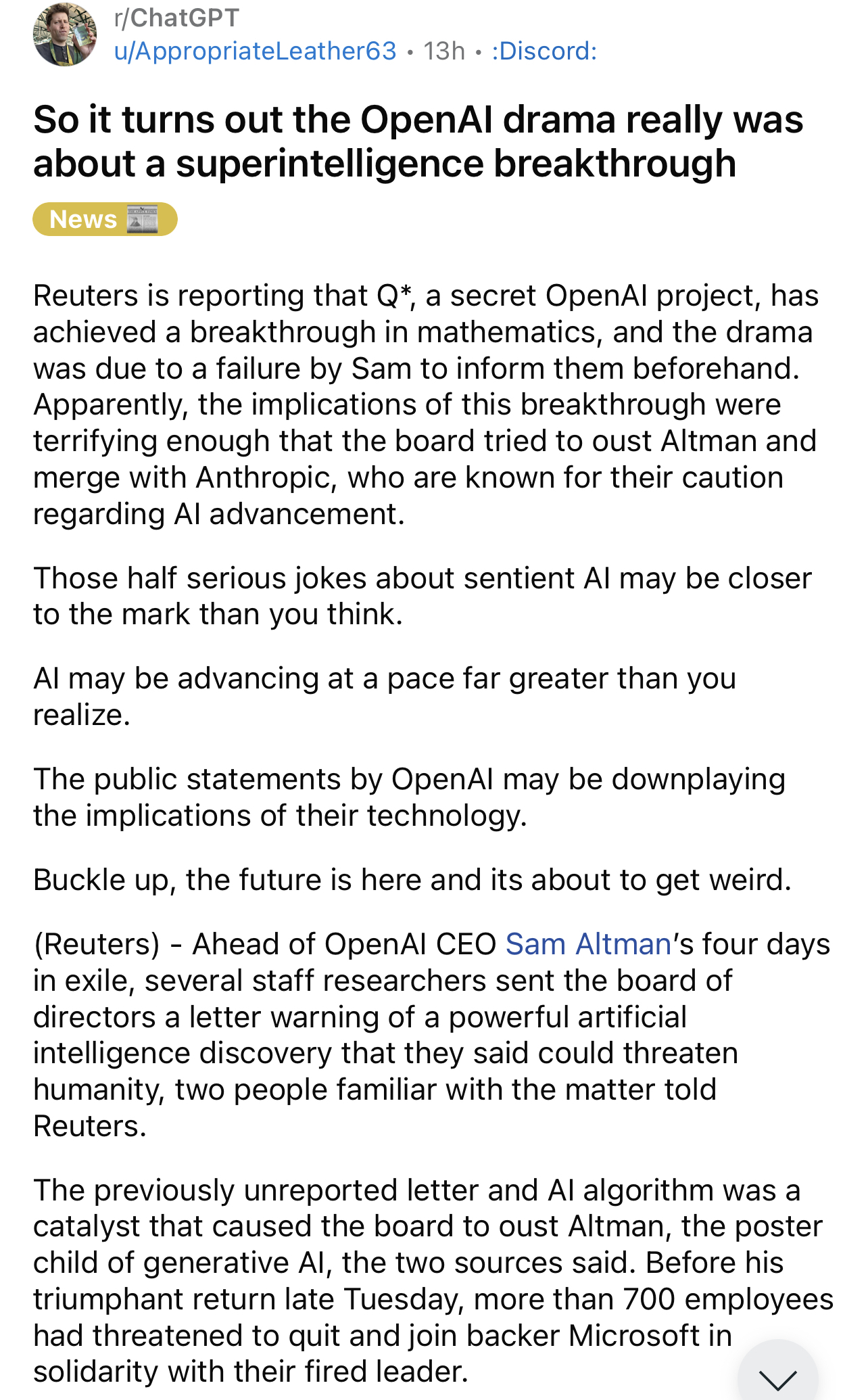the_dunk_tank
It's the dunk tank.
This is where you come to post big-brained hot takes by chuds, libs, or even fellow leftists, and tear them to itty-bitty pieces with precision dunkstrikes.
Rule 1: All posts must include links to the subject matter, and no identifying information should be redacted.
Rule 2: If your source is a reactionary website, please use archive.is instead of linking directly.
Rule 3: No sectarianism.
Rule 4: TERF/SWERFs Not Welcome
Rule 5: No ableism of any kind (that includes stuff like libt*rd)
Rule 6: Do not post fellow hexbears.
Rule 7: Do not individually target other instances' admins or moderators.
Rule 8: The subject of a post cannot be low hanging fruit, that is comments/posts made by a private person that have low amount of upvotes/likes/views. Comments/Posts made on other instances that are accessible from hexbear are an exception to this. Posts that do not meet this requirement can be posted to [email protected]
Rule 9: if you post ironic rage bait im going to make a personal visit to your house to make sure you never make this mistake again
view the rest of the comments

Any algorithm, by definition, has a finite number of specific steps and is made to solve some category of related problems. While humans certainly use algorithms to accomplish tasks sometimes, I don't think something as general as consciousness can be accurately called an algorithm.
Every human experience is necessarily finite and made up of steps, insofar as you can break down the experience of your mind into discrete thoughts.
That doesn't mean it's algorithmic, though. A whole branch of mathematics (and as consequence, physics) is non-algorithmic.
Also, people created math and computers and not vice versa. It's weird to call an organ a 'meat tool' of a any sort. Your brain isn't a meat computer, your fingers aren't meat pliers, your liver isn't a meat Brita filter. We make tools based on our meat bits quite often. Computers are the same. Our brains aren't based on computers cause computers are products of our brains meant to do some of the jobs of a brain, so I guess unlike a hammer it's easier to trick yourself into believing it's thinking cause it's a machine made to handle some of the load work of thinking.
It seems you're both implying here that consciousness is necessarily non-algorithmic because it's non-finite, but then also admitting in another comment that all human experience is finite, which would necessarily include consciousness.
I don't get what your point is here. Is all human experience finite? Are some parts of human experience "non-categorical"? I think you need to clarify here.
The steps in an algorithm are also specific and guarantee that you will get the same result every time you follow those steps provided you're operating on the same data. The result you're pursuing is unambiguous: if you're using Djikstra you're trying to get the shortest distance between a source node and every other node in a graph, for instance.
Compare this with consciousness in general: if it is an algorithm, what goal is it being used to achieve? What would the steps even be?
Regarding the point on finitude, "discrete" might have been a more appropriate word. What I'm trying to get at is that people in this thread are playing so fast and loose with the word "algorithm" that the use of the word becomes incoherent '.
So I take it you're not a determinist? That's a whole conversation that's separate from this, but you should know there are a lot of secular people who don't believe in free will (e.g having a will independent of any casual relationships to physical reality). Secular people are generally deterministic, we believe that wills exist within physical reality, and that they exist in the same cause/effect relationship as everything else.
With enough information of the present, you could know everything a human will do in their lifetime, there's no will that exists outside of reality that is influencing reality (no will that is "free"). Instead, will is entirely casually linked, like everything else.
Put another way, you're guaranteed to get the same result every time you put a human in exactly the same situation. Even if there is true chaos in the universe (e.g pure randomness) that's a different situation every time you get a different random result.
The rejection of your thesis that consciousness is an algorithm is not a rejection of determimism. I have no doubt that all that exists is only material and the properties that emerge from it. The word algorithm makes no sense without a goal for it to be used to reach. Taking your paragraph about being able to predict everything a human will do in their lifetime with sufficient information (possible in principle, but intractable), what outcome would I be trying to achieve with this information? Is there some clear end state that the consciousness algorithm is optimized to reach?